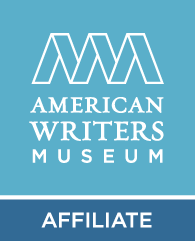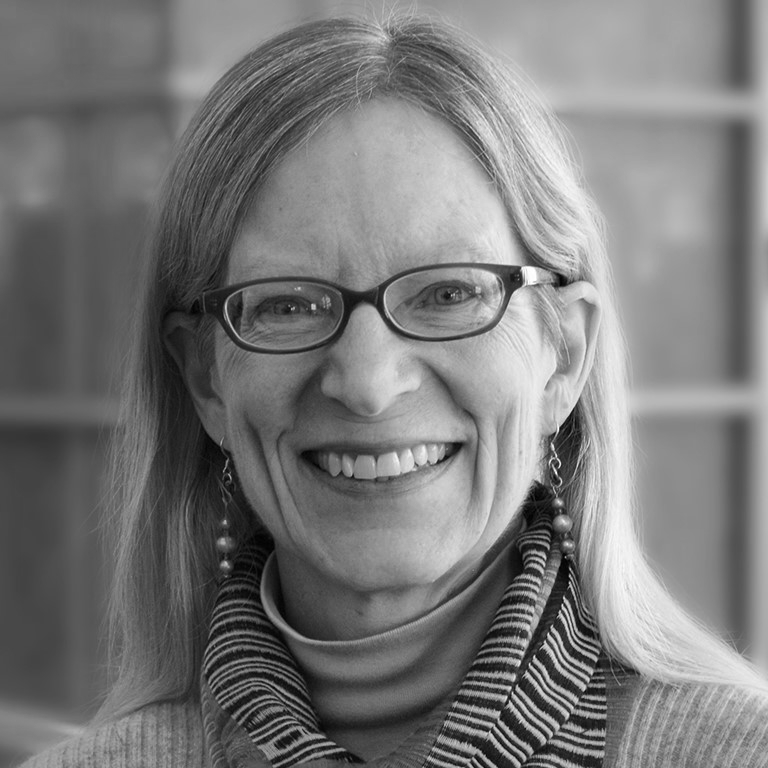
Dissent and protest are protected by the First Amendment to the Constitution, which guarantees freedoms of speech, assembly, and the right to petition the government for a redress of grievances. These rights are fundamental to our democracy. They cannot be sacrificed even, and perhaps particularly, in times of public emergency.
On April 14, 2020, the police department in Raleigh, North Carolina, tweeted, “Protesting is a non-essential activity,” as an explanation for breaking up a protest. As organizations dedicated to protecting civil liberties and the First Amendment, the undersigned groups are deeply disturbed by this statement and other remarks and actions by public officials suggesting that peaceful protest can be outlawed during a national crisis. The ongoing Covid-19 pandemic cannot be used to justify the suspension of First Amendment rights. People must be free to express disagreement with government decisions, even when it involves criticism of essential public health measures.
Upholding First Amendment rights need not be at odds with the government’s authority and obligation to protect public health and safety. The emergency decrees that call for social distancing, wearing of face covers or masks, and limits on the size of public assemblies can regulate the manner in which protests occur. However, regulations should be narrowly tailored to what is necessary to protect public health and cannot be so broad that they ban protest completely or so poorly drafted that they restrict peaceful demonstrations.
Most protesters have been exercising their constitutional rights without threatening the health of their fellow citizens: wearing masks and standing six-feet apart outside hospitals and other places of business to protest inadequate safety precautions; participating in car demonstrations in Arizona, California and Michigan, and launching digital campaigns.
Public officials in Ohio and Michigan have included explicit protections for First Amendment rights in their emergency decrees. Some states have also acknowledged information-gathering and reporting as “essential services.”
We urge all public officials to recognize their obligation to defend First Amendment rights while they protect public safety. These rights are critically important during uncertain times like these.
Co-signed:
National Coalition Against Censorship
American Booksellers for Free Expression
Americans for Prosperity Foundation
Association of American Publishers
The Authors Guild
The Buckeye Institute
Caesar Rodney Institute
The Center for Media and Democracy
Civil Liberties Defense Center
Coalition for Policy Reform
The DKT Liberty Project
Defending Rights & Dissent
First Amendment Lawyers Association
FirstAmendment.com
Free Speech Coalition
Freedom Forum
Freedom Foundation of Minnesota
Freedom to Read Foundation
Idaho Freedom Foundation
Institute for Free Speech
Kurt Vonnegut Museum and Library
Mackinac Center for Public Policy
Mississippi Center for Public Policy
PEN America
PEN America Children’s and Young Adult Books Committee
Restore The Fourth, Inc.
United for Missouri
Woodhull Freedom Foundation
David A. Schulz, Media Freedom & Information Access Clinic at Yale Law School *institution listed for identification purposes only



